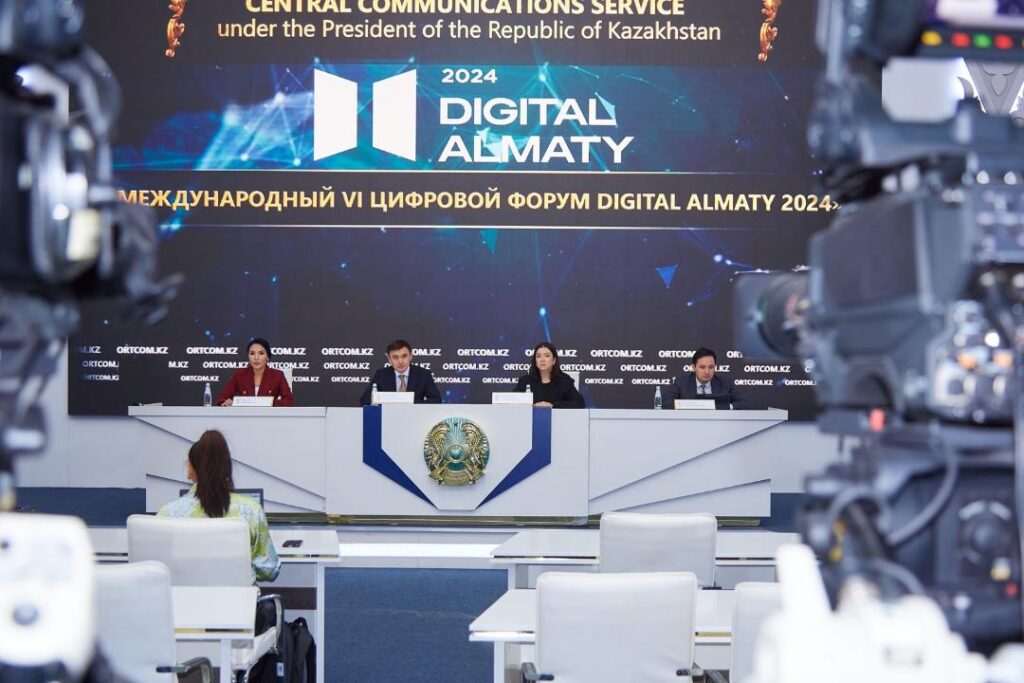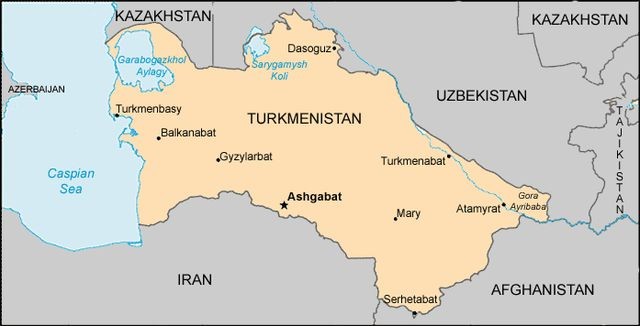Uzbekistan to Establish International Financial and Technology Center
On June 13, Tashkent hosted the inaugural meeting of the Working Groups on the development of Uzbekistan’s capital market and creation of the International Financial and Technology Center. The event which also addressed the development of the Law on Alternative Investments, was organized within the framework of the Foreign Investors Council under the President of Uzbekistan. Representatives of international financial organizations and Uzbekistan’s business community joined heads of Uzbek ministries and foreign investors in discussions on the establishment of an International Financial and Technology Center, with an emphasis on attracting financial technology companies to Uzbekistan. The Uzbek Ministry of Investment, Industry and Trade reported that the agenda also included the development of a law governing the Center's operations as well as the creation of a strategy to promote opportunities offered by the center to entice foreign investment in Uzbekistan. According to experts, the launch of the Center will ensure long-term sustainable investment growth, increase the country’s GDP by 1% annually, and attract portfolio investments amounting to $7-$8 billion by 2028. It is also expected to create 15-20 thousand new highly skilled jobs over the next ten years. The meeting also reviewed draft amendments to the Law of the Republic of Uzbekistan "On Joint Stock Companies and Protection of Investors' Rights" and the concept of the law "On the International Financial and Technology Center".






